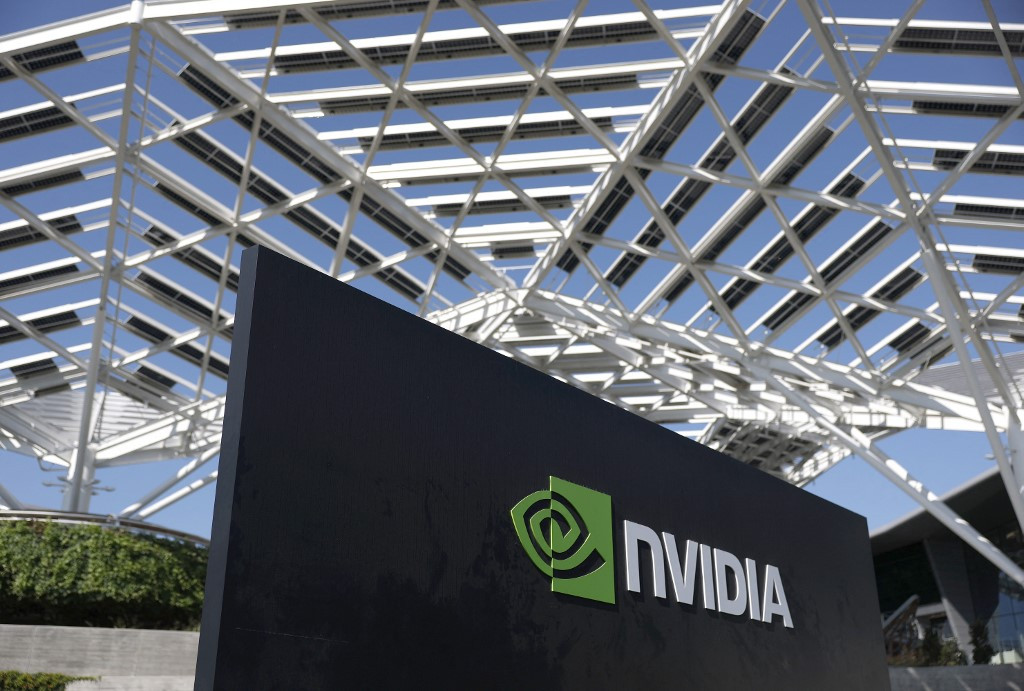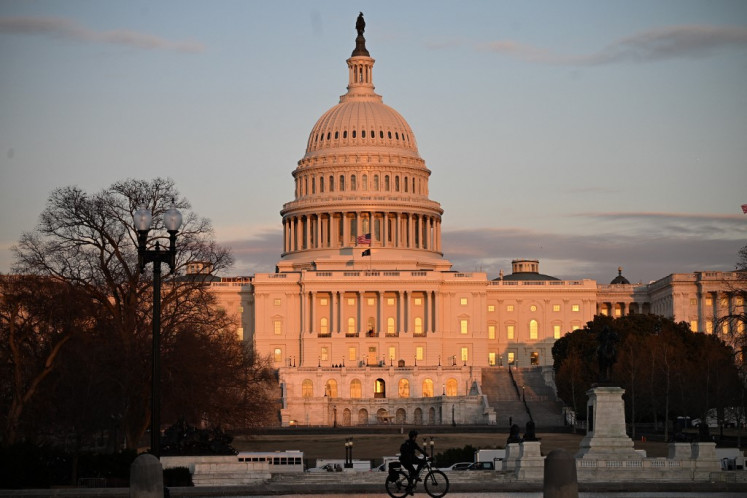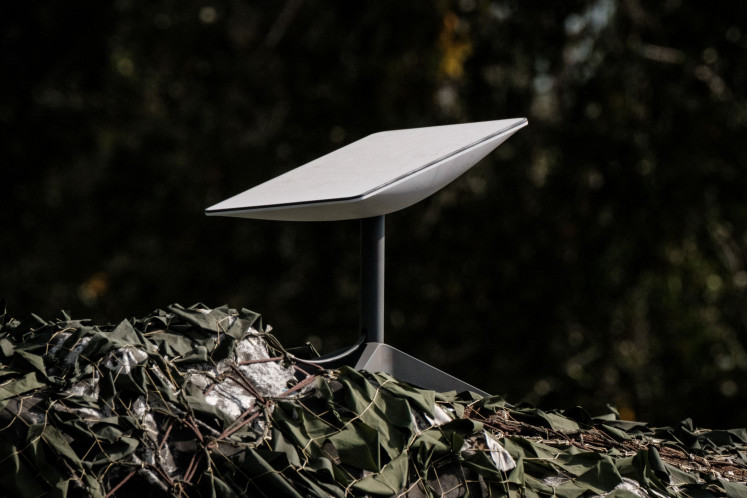Popular Reads
Top Results
Can't find what you're looking for?
View all search resultsPopular Reads
Top Results
Can't find what you're looking for?
View all search resultsChina says preliminary probe shows Nvidia violated anti-monopoly law
The Chinese market regulator's announcement comes as the US and China hold trade talks in Madrid, where chips, including the ones made by Nvidia, are expected to be on the agenda.
Change text size
Gift Premium Articles
to Anyone
C
hina's market regulator on Monday said that a preliminary investigation had found that Nvidia had violated the country's anti-monopoly law, marking the latest hit for the US chip giant.
The brief statement from the State Administration for Market Regulation did not elaborate on how the US company, known for its artificial intelligence and gaming chips, might have violated China's anti-monopoly laws.
China in December launched an investigation into Nvidia over what it said were suspected violations of the country's anti-monopoly law, a probe that was widely seen as a retaliatory shot against Washington's curbs on the Chinese chip sector.
The Chinese regulator also said the US chipmaker was suspected of violating commitments it made during its acquisition of Israeli chip designer Mellanox Technologies, under terms outlined in its 2020 conditional approval of that deal.
The SAMR on Monday added that it would continue its investigations. Nvidia did not immediately respond to a request for comment.
According to China’s antitrust law, companies can face fines of between 1 percent and 10 percent of their annual sales from the previous year. China generated $17 billion in revenue for Nvidia in the fiscal year ending January 26, or 13 percent of total sales, based on its latest annual report.
Nvidia's shares fell 2 percent in pre-market trading on Monday.
The Chinese market regulator's announcement comes as the US and China hold trade talks in Madrid, where chips, including the ones made by Nvidia, are expected to be on the agenda.
The extent to which China can have access to cutting-edge AI chips is one of the biggest flashpoints in the US-Sino war for tech supremacy.
Nvidia, the world's top maker of AI chips whose fortunes have soared with the AI wave, has been at the center of the fray. US President Donald Trump's administration has imposed and then relaxed some of its more severe restrictions on the company's sales of advanced chips to China.
At the same time, China is keen for its tech industry to wean itself off US chips. Chinese authorities have summoned companies, including Tencent and ByteDance, over their purchases of Nvidia's H20 chip, asking them to explain their reasons and expressing concerns over information risks, sources said last month
Also last month, China's cyberspace regulator summoned Nvidia representatives to explain whether the H20 chip, which Nvidia tailored for China, posed backdoor security risks that could affect Chinese user data and privacy.











